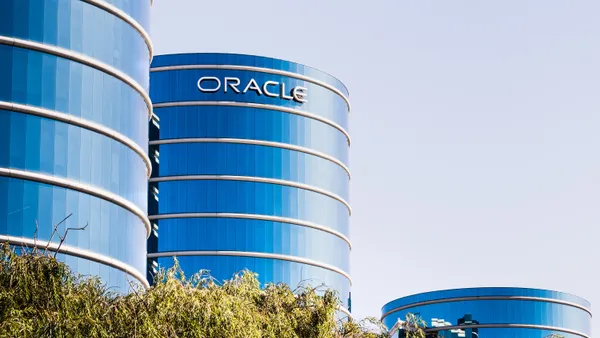Dive Brief:
- Although three female truck drivers presented extensive evidence of a hostile work environment created by co-workers, their employer was not liable because it took prompt remedial action that was sufficiently calculated to stop the alleged harassment (Sellars, et al. v. CRST Expedited, Inc., No. C15-117-LTS (N.D. Iowa July 15, 2019)).
- Each of the women alleged numerous instances of harassment by different co-workers that included crude comments, groping and sexual propositions. While a jury could conclude that a reasonable person would find the conduct severe and pervasive enough to constitute a hostile work environment, said the judge, prompt remedial action shields an employer from liability when the harassing conduct is committed by a co-worker rather than by a supervisor: "When coworkers, rather than supervisors, are responsible for the creating and perpetuation of a hostile work environment ... an employer can only be liable if the harassment is causally connected to some negligence on the employer's part."
- The employer had a harassment reporting procedure in place, which each of the plaintiffs used. When harassment was reported, the employer tried, within 24 hours, to separate the complainant from the accused driver, arrange overnight lodging and transportation as appropriate, investigate the complaint, relieve the complainant from future assignments with the alleged harasser and impose discipline as necessary. Because the plaintiffs failed to demonstrate a genuine issue of material fact that the employer's response to their harassment complaints was negligent, the court granted summary judgment to the employer.
Dive Insight:
While workplace harassment is always troubling and illegal, this case highlights the different standards for employer liability when the harassment is perpetuated by a coworker vs. a supervisor.
According to the U.S. Equal Employment Opportunity Commission (EEOC), an employer is automatically liable for harassment by a supervisor that results in a negative employment action such as termination, failure to promote or hire and loss of wages.
If the supervisor's harassment results in a hostile work environment, the employer can avoid liability only if it can prove that: 1) it reasonably tried to prevent and promptly correct the harassing behavior; and 2) the employee unreasonably failed to take advantage of any preventive or corrective opportunities provided by the employer.
On the other hand, when the harassment is perpetuated by non-supervisory employees or non-employees over whom the employer has control (such as independent contractors or customers on the premises), the employer is liable only if it knew, or should have known, about the harassment and failed to take prompt and appropriate corrective action.
Regardless of whether alleged harassment is at the hands of a supervisor or co-worker, HR should take all complaints seriously and investigate them promptly.













